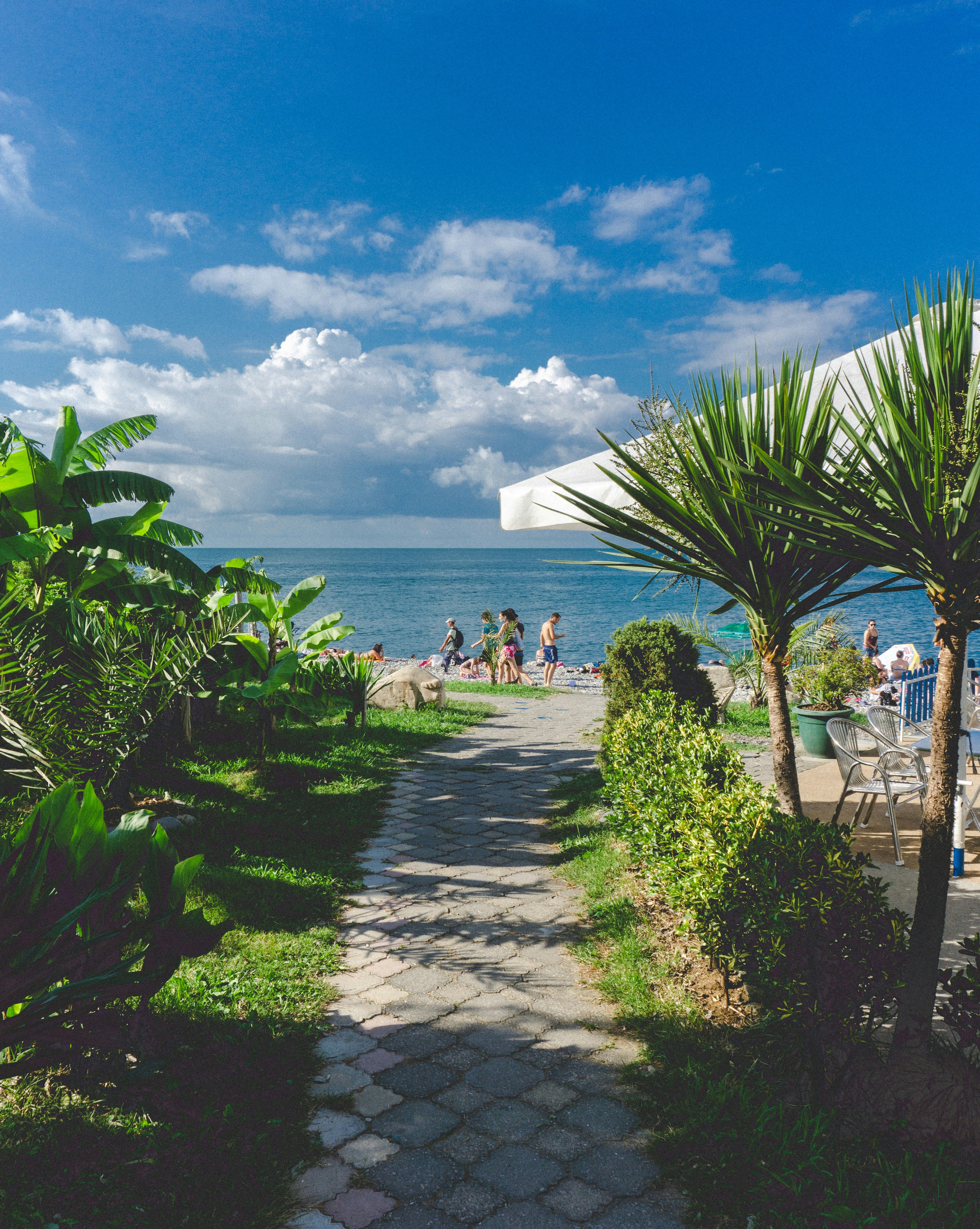Escalated violent flag procession: intensified demonstration by Israeli nationalists
** Jerusalem, Monday: Clashes Erupt During Israeli Flag March **
Tensions escalated during a controversial annual flag March in Jerusalem led by Israeli nationalists. The march, commemorating the capture of East Jerusalem in 1967, resulted in violent clashes between the participants and Palestinian shop owners.
Eyewitnesses reported that the marchers harassed several Palestinian shop owners who had not yet closed their businesses in the Old City of East Jerusalem. The demonstrators, predominantly young settlers from the occupied West Bank, then turned to attacking leftist Israeli activists and journalists observing the march. Chants of "Death to the Arabs" and "May your village burn" were heard, prompting further confrontations with Arab residents and shop owners.
Israeli police were present but did not intervene. An officer on the scene informed journalists that the young participants could not be arrested because they were under 18 years old. No arrests were reported until late afternoon.
Thousands participated in the march, which typically leads to clashes with Palestinians. The participants waved blue-and-white Israeli flags through the narrow streets of the predominantly Arab Old City, causing many Palestinian shop owners to close their businesses out of fear of violent attacks.
Palestinians view the march as a provocation to undermine their sovereignty claim over East Jerusalem as the capital of their future state. Israeli Prime Minister Benjamin Netanyahu reiterated his country's assertion of control over the city.
A right-wing extremist Israeli Minister, Itamar Ben Gvir, escalated tensions further by visiting the Al-Aqsa Mosque compound. The site is sacred to both Jews and Muslims, and according to a decades-long agreement, is managed by an Islamic foundation from the neighboring country of Jordan. Jews can visit the site but are not permitted to pray there. Palestinians and Jordan vehemently condemned Ben Gvir's visit.
The implications of these events could exacerbate tensions between Israelis and Palestinians, potentially leading to further violence and conflict. Anti-Arab slogans and confrontations may prompt international condemnation, potentially straining diplomatic relations between Israel and other countries that view such actions as unacceptable. The actions could also be perceived as legitimizing violence against Arabs, which could undermine efforts to promote coexistence and peace.
While specific reactions from the UN and Hamas to this year's Flag March were not detailed, these entities and other international human rights organizations typically condemn hate speech and advocate for measures to prevent similar incidents in the future. Palestinian and Arab communities, Israeli opposition, and other concerned parties are likely to voice their outrage on these developments, potentially leading to increased tensions and diplomatic challenges for the region.
The European Union may issue a statement condemning the hate speech and violence during the Israeli flag march in Jerusalem, aligning with its general-news policy of upholding human rights and promoting peace.
Furthermore, the escalating tensions between Israelis and Palestinians, as demonstrated in events such as the flag march, could potentially be a topic of discussion in the realm of crime-and-justice, as it raises questions about the rule of law, religious tolerance, and the pursuit of lasting peace in the region.








